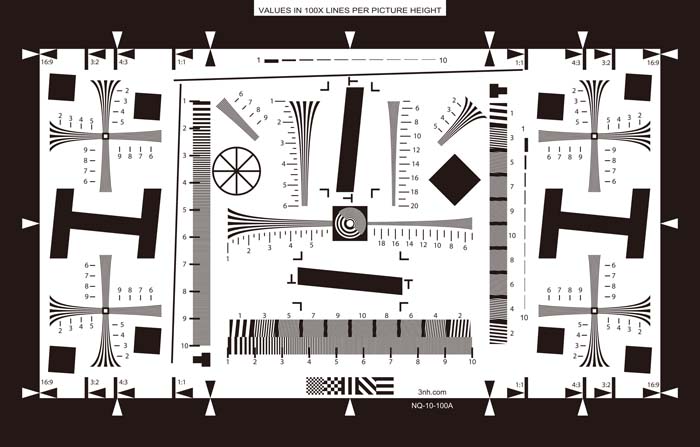A colorimeter is a light-sensitive instrument that measures how much color is absorbed by an object or substance. It determines color based on the red, blue, and green components of light absorbed by the object or sample, much as the human eye does. When light passes through a medium, part of the light is absorbed, and as a result, there is a decrease in how much of the light reflected by the medium. A colorimeter measures that change so users can analyze the concentration of a particular substance in that medium. The device works on the basis of Beer-Lamberts law, which states that the absorption of light transmitted through a medium is directly proportional to the concentration of the medium.
Types
There are many different types of colorimeters, including the color densitometer, which measures the density of primary colors, and the color photometer, which measures the reflection and transmission of color. Styles include digital, also called laboratory, and portable. Digital versions are most often used in a lab setting for sampling or in the classroom for educational purposes. Portable versions can be carried anywhere, regardless of environmental conditions, to test things like water and soil samples on site.
The spectrophotometer, a type of photometer that measures light intensity, is often grouped together with colorimeters, but it is technically a different device. Both rely on Beer-Lamberts law to calculate the concentration of a substance in a solution, but they do so in different ways. A colorimeter measures only red, green, and blue colors of light, while a spectrophotometer can measure the intensity of any wavelength of visible light. In general, spectrophotometers are more complicated and less rugged than most colorimeters; they should be handled with utmost care and require regular recalibration.
How a Colorimeter Works
At its most basic, a colorimeter works by passing a specific wavelength of light through a solution, and then measuring the light that comes through on the other side. In most cases, the more concentrated the solution is, the more light will be absorbed, which can be seen in the difference between the light at its origin and after it has passed through the solution. To find the concentration of an unknown sample, several samples of the solution in which the concentration is known are first prepared and tested. These are then plotted on a graph with the concentration at one axis and the absorbance on the other to create a ; when the unknown sample is tested, the result is compared to the known samples on the curve to determine the concentration. Some types of colorimeters will automatically create a calibration curve based on an initial calibration.
Uses
A colorimeter can be used in a wide variety of industries and settings. Small, portable devices can be used to analyze the color contrast and brightness on a television or computer screen, allowing the user to then adjust the settings to obtain the best quality picture. In the printing industry, a colorimeter is a basic element in a color management system. Other printing industry applications include checking the electronic components and quality of pulp paper and measuring the quality of printing ink.
Diamond merchants use colorimeters to measure the optical properties of precious stones. In cosmetology, the device is used to measure the sun protection factor of products applied to the skin. Colorimeters can analyze skin tones and tooth color to help diagnose certain diseases, and hospitals even use some types of this device to test the concentration of hemoglobin in blood.
Colorimeter
n.
1. Any of various instruments used to determine or specify colors, as by comparison with spectroscopic or visual standards.
2. An instrument that measures the concentration of a known constituent of a solution by comparison with colors of standard solutions of that constituent.











